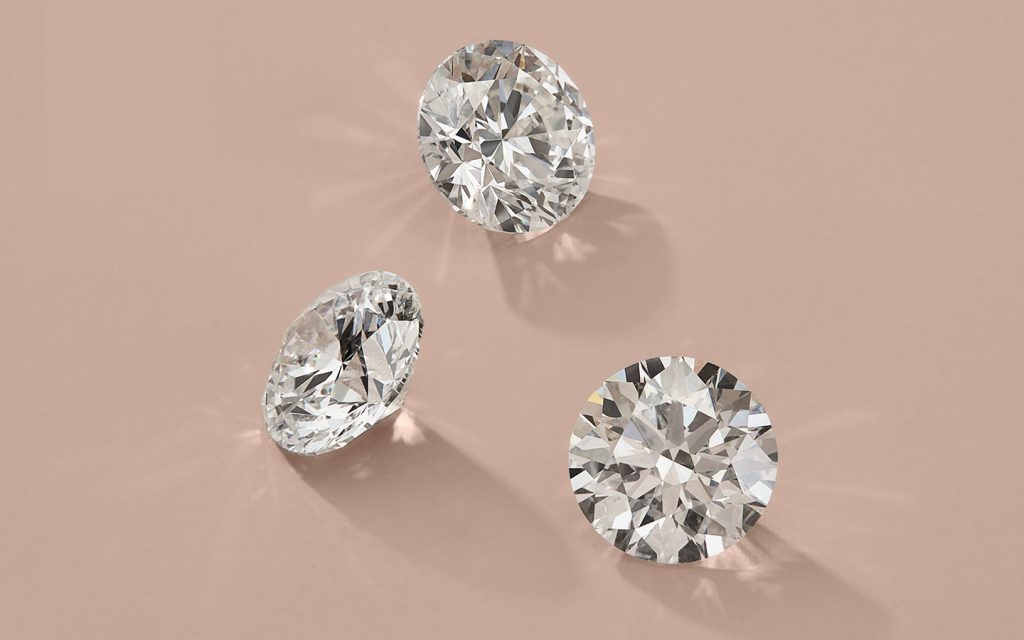GIA vs IGI Lab Grown Diamonds: Which Certification is Better?
Lab-grown diamonds have revolutionized the jewelry industry, providing an ethical and affordable alternative to natural diamonds. When purchasing a lab-grown diamond, certification plays a crucial role in ensuring quality and value. Two of the most well-known certification bodies are the Gemological Institute of America (GIA) and the International Gemological Institute (IGI). Understanding the differences between GIA vs IGI lab grown diamonds can help buyers make an informed decision.
Understanding Lab Grown Diamonds
Before delving into GIA vs IGI lab grown diamonds, it is essential to understand what lab-grown diamonds are. These diamonds are created using advanced technological processes that replicate the natural conditions under which diamonds form. Unlike diamond simulants such as cubic zirconia, lab-grown diamonds have the same physical, chemical, and optical properties as natural diamonds. However, certification from organizations like GIA and IGI is necessary to confirm their authenticity and quality.
What is GIA Certification?
When comparing GIA vs IGI lab grown diamonds, the reputation of the certifying body matters. The Gemological Institute of America (GIA) is one of the most respected institutions in the world for grading diamonds. GIA provides comprehensive reports on diamond characteristics, including cut, clarity, color, and carat weight. However, GIA was initially hesitant to certify lab-grown diamonds and only began issuing full reports for them in recent years. GIA certification is widely trusted due to its stringent grading process, making GIA vs IGI lab grown diamonds an important topic for buyers.
What is IGI Certification?
In the debate of GIA vs IGI lab grown diamonds, IGI plays a significant role. The International Gemological Institute (IGI) has been grading lab-grown diamonds for much longer than GIA. IGI is known for providing detailed and accessible certification for lab-grown diamonds, making it a preferred choice for many jewelers. IGI reports include all critical aspects of a diamond’s quality and are widely accepted in the market. Because IGI has more experience in grading lab-grown diamonds, many buyers trust IGI certification when considering GIA vs IGI lab grown diamonds.
Differences Between GIA and IGI Certification
One of the primary concerns when comparing GIA vs IGI lab grown diamonds is the grading standards. GIA is known for its conservative grading approach, which means its evaluations are often stricter. In contrast, IGI is sometimes seen as more lenient, which can lead to slight variations in diamond quality assessments. This difference in grading is important for buyers who want the most precise evaluation when choosing between GIA vs IGI lab grown diamonds.
Another difference in GIA vs IGI lab grown diamonds is the format of the reports. GIA provides a straightforward digital report, while IGI offers both printed and digital versions. IGI reports tend to be more detailed in terms of the diamond’s growth process and any treatments applied. Therefore, when comparing GIA vs IGI lab grown diamonds, buyers should consider which report format best suits their needs.
Market Perception and Resale Value
When purchasing a lab-grown diamond, market perception and resale value are important factors in the discussion of GIA vs IGI lab grown diamonds. GIA certification carries a prestigious reputation, making GIA-certified diamonds more desirable for some buyers. However, IGI-certified diamonds are more widely available and accepted in the lab-grown diamond industry. Because GIA certification is stricter, it may offer a slight advantage in terms of resale value. This is a crucial point for buyers deciding between GIA vs IGI lab grown diamonds.
Which Certification Should You Choose?
Choosing between GIA vs IGI lab grown diamonds depends on personal preferences and priorities. If a buyer values a stricter grading system and a well-respected reputation, GIA certification may be the best option. However, if accessibility, affordability, and a detailed lab-grown diamond grading report are more important, IGI certification is a strong choice. Understanding GIA vs IGI lab grown diamonds ensures that buyers can select the certification that aligns with their needs.
Conclusion
The debate between GIA vs IGI lab grown diamonds is important for anyone purchasing a lab-grown diamond. Both certification bodies have their advantages, and the choice ultimately depends on individual preferences. GIA certification offers a more rigorous grading process and a prestigious reputation, while IGI certification provides extensive experience in grading lab-grown diamonds and greater accessibility. By understanding the differences in GIA vs IGI lab grown diamonds, buyers can make an informed decision and choose the best diamond for their needs.

